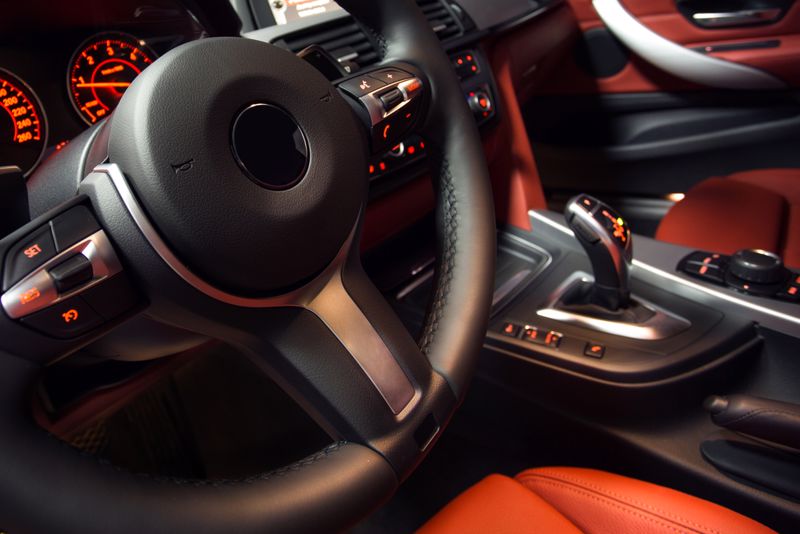Coffee grounds, lentils and eggshells sound more like items thrown into a compost bin rather than used in vehicle manufacturing. But, that's what the automotive industry is using to create stronger, lighter materials for the interior of some new cars.
Food waste is still a global problem. Every day in the United States, an average of one pound of food waste is created by every single person, according to the Environmental Protection Agency (EPA). That's about 206 billion pounds of food waste per year. That's a lot of wasted food! And, what happens to most of it? It ends up in landfills, where it decomposes and produces methane, a greenhouse gas that is 21 times more powerful than carbon dioxide.
Using food waste in vehicle manufacturing is an emerging trend that's gaining traction among automakers, and one that's drawing a lot of attention from environmentalists. Retired Jaguar Director of Design, Ian Callum, launched his new business model, CALLUM, in 2019 to "create bespoke and limited-edition products across the sectors of design, lifestyle and travel." With so many projects taking off in the automotive industry, it's no surprise that one of the projects brought to market is the classic Porsche 911's recent unique interior.
Some of the ways in which CALLUM used food waste to develop this interior include walnut shells and eggshells on the trim, expired rice for a translucent lamp cover and vegetable pulp to dye various pieces of the car's interior.
If you're wondering how long these materials could last – or if there could possibly be a smell involved, you'd be surprised at just how durable and clean these textiles are. Not only that, but they're very light in weight, which is great for fuel efficiency and could improve the vehicle's overall performance.

So, how do they do it?
Much of the process involves conversion to bio-based plastics. This process uses a chemical process to break down the materials and turn them into a new form that can be used in vehicle manufacturing. Textiles and composites are created in much the same way. And, as can be seen (or not seen) by car owners and passengers, the end result is a stunningly unique vehicle interior.
Other car manufacturers are also making real change in the industry. For example, Volvo's Polestar brand is using food waste to create a special material that can be used for their cars. The cabins are leather-free and vegan, relying on bio-based materials to create the interior. Tesla and Audi are two other brands that have begun to experiment with this kind of technology.
It's an exciting thought, but can this trend continue? The simple answer is yes, and it will. Sustainable initiatives will only continue to become more popular, and with it will come even more technological innovations that will reduce the amount of waste being created. As long as industries are willing to make a real change, the future is bright for the car industry and its potential positive environmental impact.
Greening Testing Laboratories is a fully certified brake testing lab that provides a variety of brake testing services worldwide. Contact Greening for a complimentary consultation.
